Summaries of books about Social Theory:
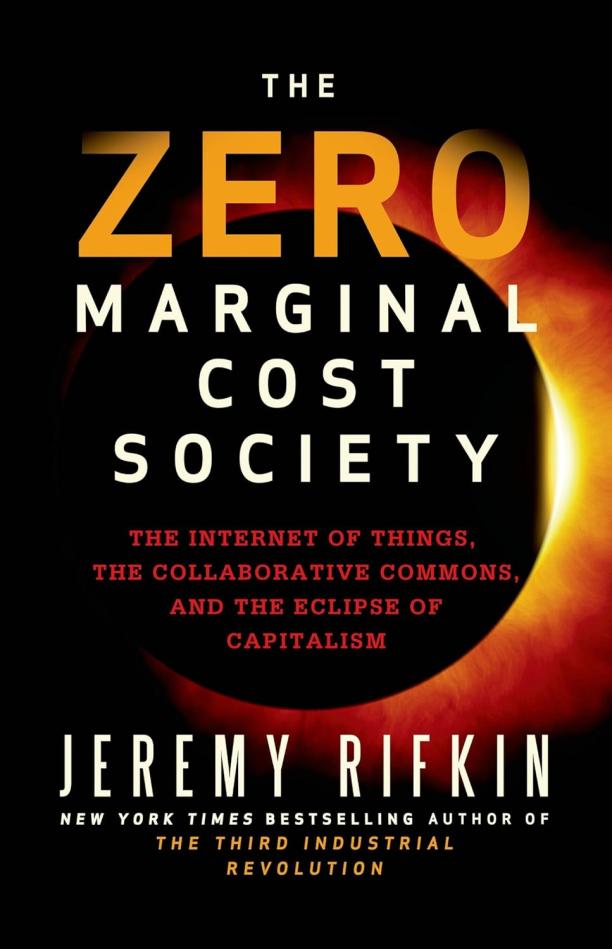
The Zero Marginal Cost Society
The Internet of Things, the Collaborative Commons, and the Eclipse of Capitalism
Jeremy Rifkin
The book explores the rise of the Internet of Things, which enables a new economic paradigm where the marginal cost of producing additional units of goods and services could potentially drop to zero, leading to the spread of collaborative commons and the diminishing role of traditional capitalism. It discusses the potential for a future where the sharing economy and sustainable practices could supplant market-based systems as the dominant economic model.
See full summary

Age of Anger
A History of the Present
Pankaj Mishra
The book explores the origins of the widespread discontent and rage characterizing global society in the 21st century, tracing it back to the spread of western modernity, the tensions it creates, and the resulting cultural and economic disruptions. It draws parallels between historical and contemporary figures, illustrating how the disenchantment and alienation felt by many today echo the violent political movements of the 18th and 19th centuries.
See full summary
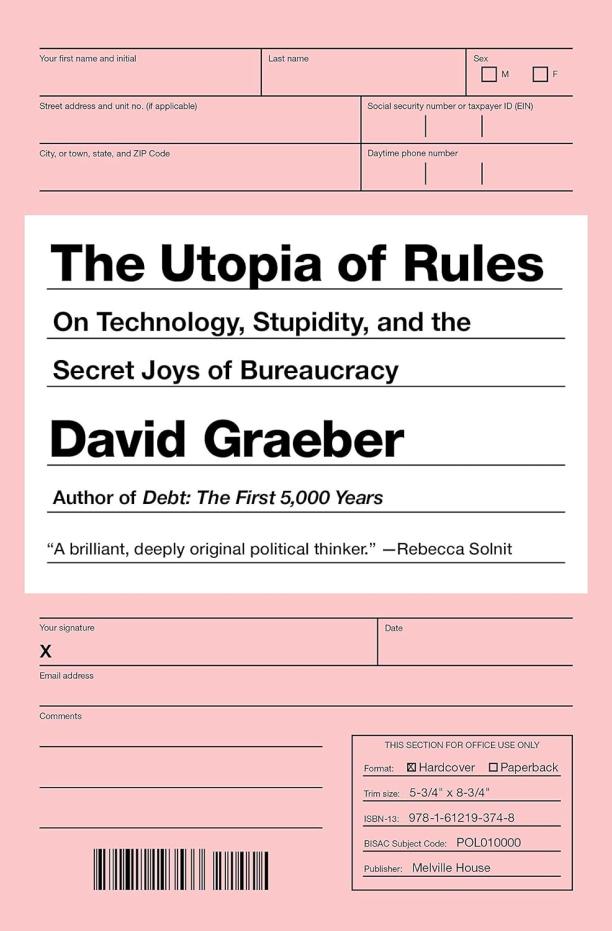
The Utopia of Rules
On Technology, Stupidity, and the Secret Joys of Bureaucracy
David Graeber
The book critically examines the pervasive nature of bureaucracy in modern life, arguing that what was once a method for managing large organizations has become a default strategy for social control, stifling creativity and reinforcing hierarchical structures. It explores the relationship between bureaucracy and technology, the psychology behind society's tacit acceptance of bureaucratic routines, and the subtle ways in which these systems shape human behavior and the pursuit of happiness.
See full summary
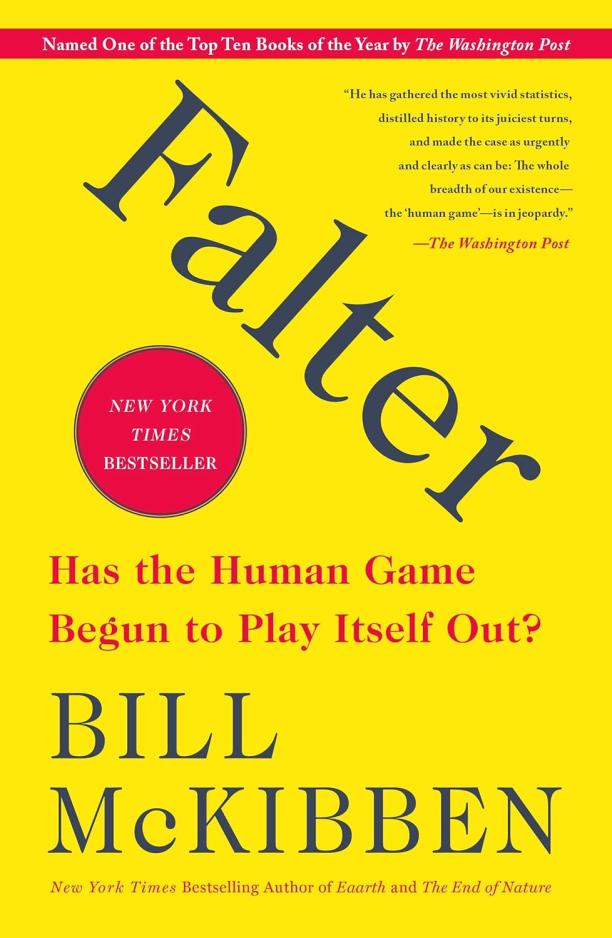
Falter
Has the Human Game Begun to Play Itself Out?
Bill McKibben
The book examines the existential threats posed by climate change, artificial intelligence, and human genetic engineering, arguing that these forces could undermine the very essence of humanity. It calls for immediate action to preserve the planet and human society, emphasizing the importance of community and sustainable living as countermeasures to technological and environmental crises.
See full summary
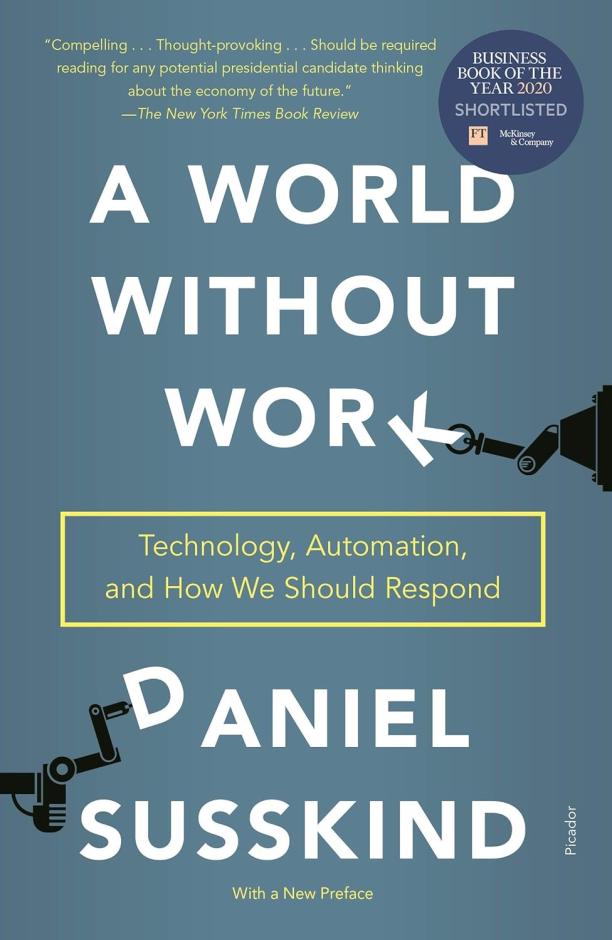
A World Without Work
Technology, Automation, and How We Should Respond
Daniel Susskind
The book explores the impact of technological advancements on the job market, predicting a future where automation and AI lead to widespread unemployment. It discusses the economic, political, and social implications of this shift and proposes strategies for society to adapt, such as embracing new forms of work and rethinking the distribution of income.
See full summary
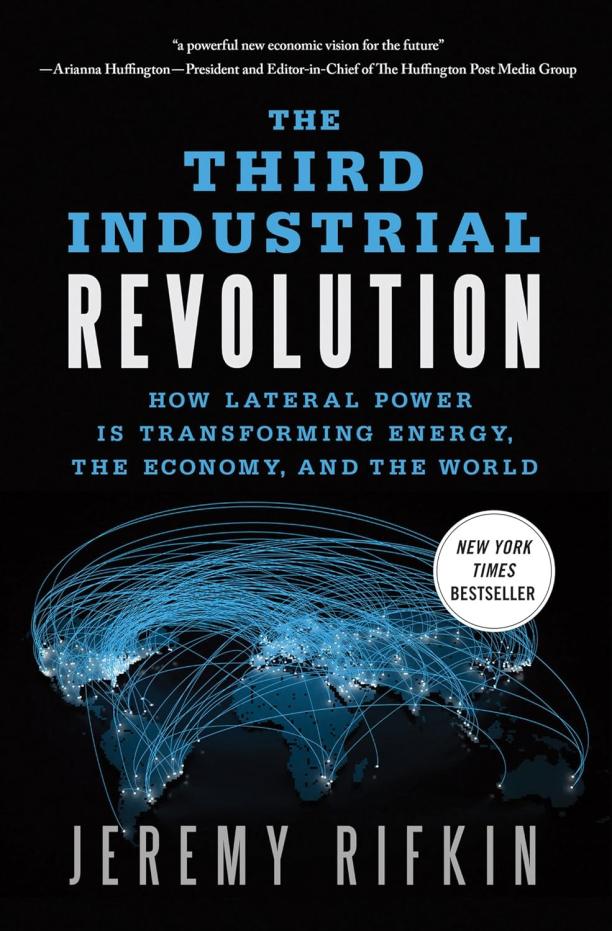
The Third Industrial Revolution
How Lateral Power Is Transforming Energy, the Economy, and the World
Jeremy Rifkin
The book discusses a shift towards a decentralized energy system, powered by renewable sources and facilitated by advancements in technology, which enables individuals and small-scale producers to generate and share energy. It also explores the economic and societal impacts of this transformation, including the potential for increased productivity and a more sustainable global economy.
See full summary
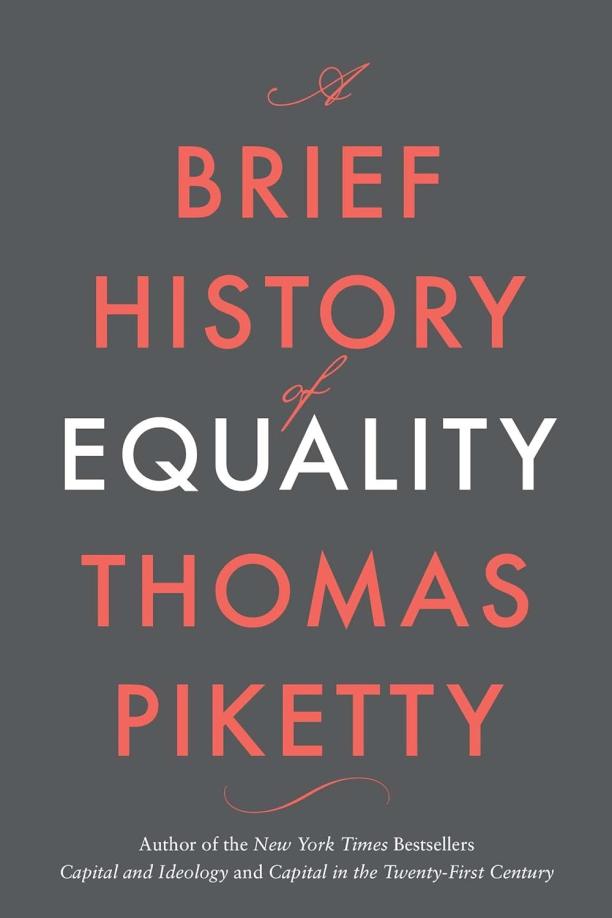
A Brief History of Equality
Thomas Piketty
The book traces the evolution of inequality and the struggle for equality from the French Revolution to the present day, examining economic, social, and political mechanisms that have led to the reduction of inequality in certain periods. It also discusses the challenges and potential policies that could promote a more equitable future, emphasizing the importance of education, taxation, and social organization in achieving greater equality.
See full summary
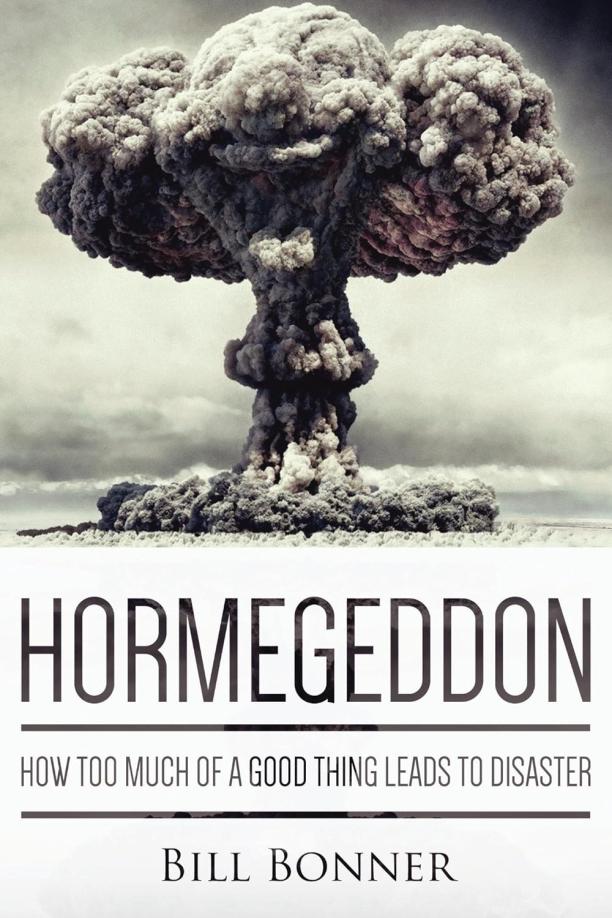
Hormegeddon
How Too Much Of A Good Thing Leads To Disaster
Bill Bonner
The book presents the idea that an excess of any good thing can lead to negative consequences, a phenomenon the author terms "Hormegeddon." It explores various historical and contemporary examples, from economics to ecology, to illustrate how overabundance can lead to systemic collapse or disaster.
See full summary
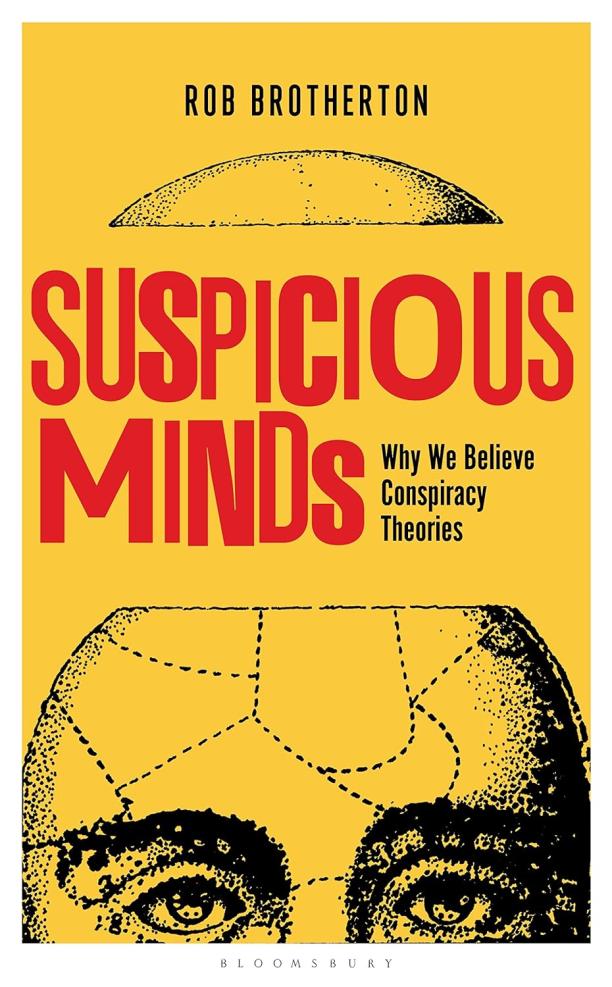
Suspicious Minds
Why We Believe Conspiracy Theories
Rob Brotherton
The book delves into the psychological mechanisms that predispose people to believe in conspiracy theories, exploring how certain biases and cognitive shortcuts can lead to the endorsement of alternative explanations for events. It also examines the historical and cultural contexts that contribute to the proliferation of these theories, offering insights into why they are so appealing and persistent in society.
See full summary
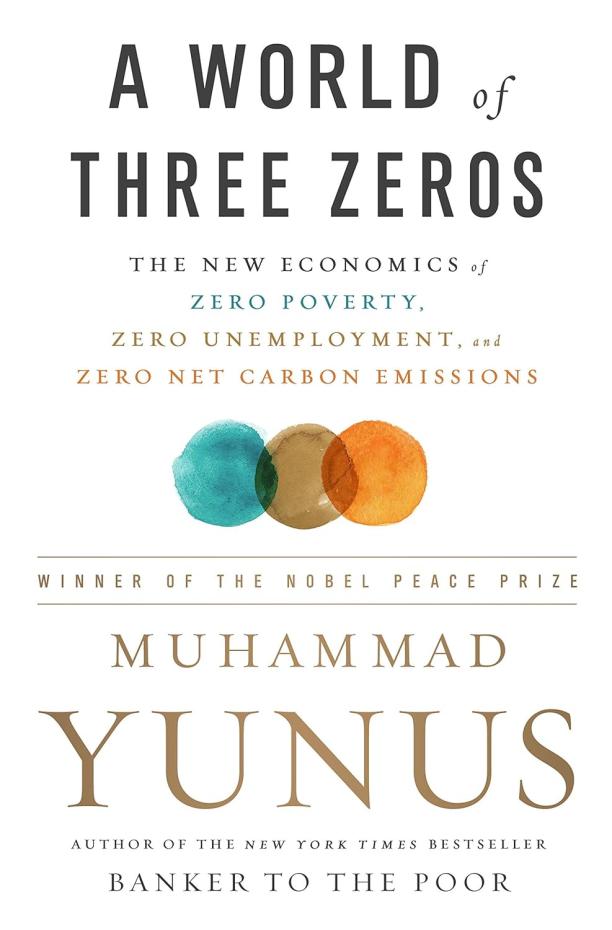
A World of Three Zeros
The New Economics of Zero Poverty, Zero Unemployment, and Zero Net Carbon Emissions
Muhammad Yunus
The book presents an argument for a new economic system that aims to eradicate poverty, unemployment, and carbon emissions through social business and entrepreneurship. It outlines how financial inclusion, sustainable energy, and a focus on human creativity can drive global change towards these ambitious goals.
See full summary